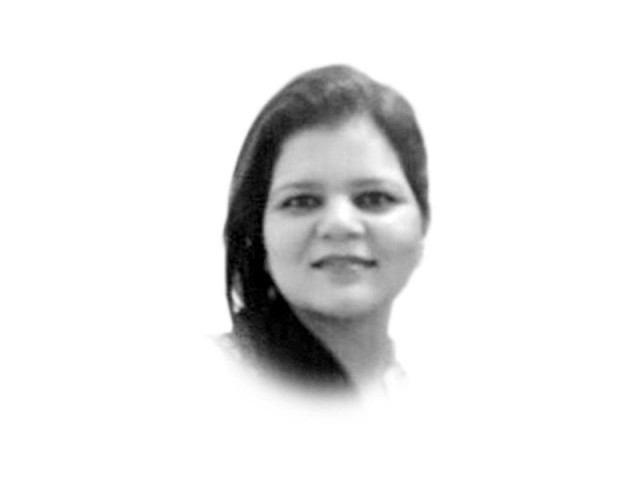No state for human rights
In Pakistan, the human rights issue encompasses children, women, youth, transgender people and religious minorities

The writer is a youth development expert with over 12 years of experience in the social development sector
The UPR is more of an ethical global bonding than legal. The UN member states present their reports voluntarily and seek recommendations from other countries to improve their rights situation.
Before they present the report, they hold pre-discussions on its findings but in Pakistan there had been no talks either in the national parliament or provincial assemblies. The status of UPR remains a silent issue and unknown to the public.
In Pakistan, we are dealing with the human rights issue encompassing children, women, youth, transgender people and religious minorities — almost all segments of society. Though there are independent bodies working on such issues at different levels, we have not yet found a forum that consolidates various efforts under one platform, as together there can be diversity and variety in the scope, findings and implementation by different actors.
The NGOs and civil society develop a shadow report every year on human rights based on the work done by them at the grassroots level. The report is prepared at least six months prior to the session by consulting the civil society at the provincial and national levels, and holding lobbying meetings with international agencies in Pakistan, which is then finally submitted in Geneva three months before the final session. However, at the government and state levels the delegation’s nominations and preparations of the report is often a hasty process without consultation. As a result, the NGO report is always in contradiction with the government’s reports when it comes to facts and figures. These then become two isolated inductions on the same issues from one country at a global platform. But the gap can be bridged through an active role of the parliamentary standing committees that could form a single forum.
For this, the parliamentary standing committee on human rights at the national and provincial levels can create a space to gather different actors for consultation, discussion, unanimity and consolidation in the form of an in-house publication presented before parliament and provincial assemblies. This could discuss what should be put forward in the report at the UPR and what are the recommendations Pakistan received from the forum previously, how many of them were endorsed and what were noted or rejected.
The committees should also call for proposals at the provincial level on the status of human rights that could be presented at the national level in the form of pre- and post-debriefing reports before parliament and provincial assemblies for debate, media discussions and public forums. If the issues are highlighted unanimously through consolidated effort it can attract global funding as well as strengthening legislation process on human-rights issues.
The inclusion of citizens is also significant. Citizens in general are unaware of how and when the UPR recommended for advocacy of better policy to facilitate their rights.
Recommendations we received this year include freedom of expression and abolition of Article 295-C (blasphemy law), violence against women, etc. For the first time ever, Pakistan also received recommendations on elimination of all kinds of discrimination and abuse against transgender people, and the Transgender Protection Bill being tabled in the Senate furthers the cause.
It’s time the recommendations were highlighted in an open discussion at the parliamentary forum, with stakeholders and collaborators instead of shelving them until the next UPR. Building national consensus through consultation under the patronage of the parliamentary forum can earn us goodwill within Pakistan as well as at the global forum.
Published in The Express Tribune, November 21st, 2017.
Like Opinion & Editorial on Facebook, follow @ETOpEd on Twitter to receive all updates on all our daily pieces.















COMMENTS
Comments are moderated and generally will be posted if they are on-topic and not abusive.
For more information, please see our Comments FAQ